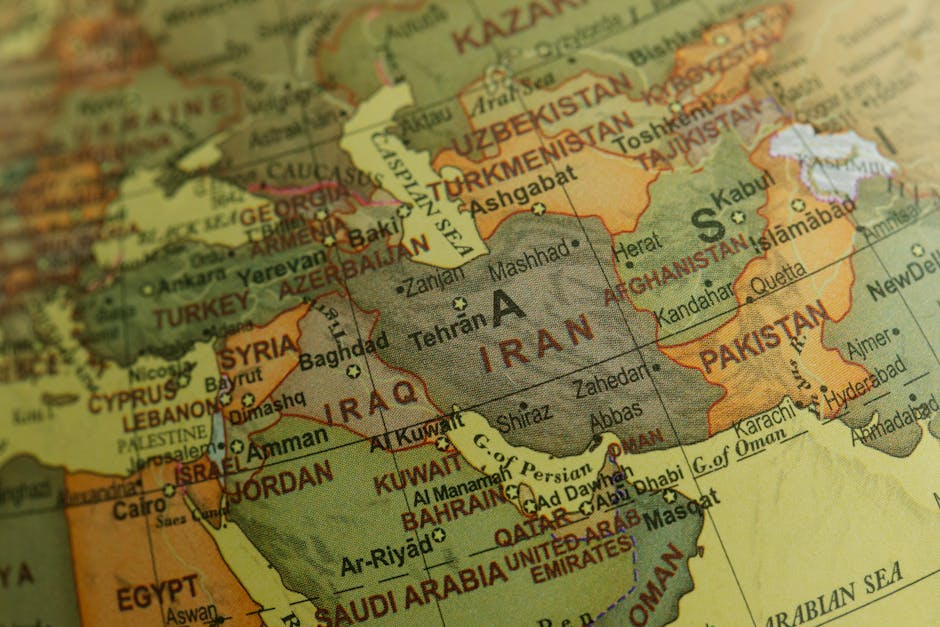Saudi-Iran Rapprochement and Regional Developments Following October 2023 Hamas Attack
Saudi-Iran Rapprochement and Regional Developments Following October 2023 Hamas Attack

In March 2023, Saudi Arabia and Iran signed a roadmap for de-escalation in Beijing, facilitated by Iraq and Oman. This followed years of quiet dialogue. The agreement aimed to end conventional attacks between the two countries, with Iran committing to de-escalatory steps in Yemen, including ending armed support for the Houthis and pressuring them to cease cross-border attacks. For Iran, the deal was linked to easing regional diplomatic isolation and opening economic pathways to circumvent Western sanctions. Saudi Arabia sought to reduce Iranian influence regionally and protect its own security and economic modernization plans (Vision 2030).
Following the October 7, 2023, Hamas attack on Israel and the subsequent Israeli military response in Gaza and Lebanon, the Saudi-Iranian dialogue continued. A senior Saudi official stated in June 2024 that maintaining relations with Iran was “absolutely necessary,” while an Iranian analyst commented in July 2024 that the Gaza war “helped improve relations.” In October 2023, Iranian President Ebrahim Raisi and Saudi Crown Prince Mohammed bin Salman held their first telephone conversation since the Beijing deal. Raisi subsequently attended an Arab League summit in Riyadh, the first visit by an Iranian president since 2012, where Iran signed a joint statement accepting a two-state solution. Mohammed bin Salman later accepted an invitation to visit Tehran.
The Saudi-Iranian rapprochement had demonstrable effects in several regional conflicts. In Yemen, the agreement led to a decrease in Houthi missile strikes on Saudi Arabia, and Riyadh intensified direct talks with the Houthis to pursue a settlement. Saudi Arabia reopened its embassy in Syria in September 2024, and Syria transferred control of the Yemeni embassy in Damascus from the Houthis to the Saudi-supported Yemeni government. Saudi Arabia also reinstated its ambassador to Lebanon. In Iraq, the two countries held a meeting of their Saudi-Iraqi Coordination Council in May 2023, resulting in new Saudi investment pledges.
Despite these developments, progress towards sustainable conflict resolution remained slow. The Houthis continued to make maximalist demands in Yemen. Relations between Saudi Arabia and Syria remained strained due to issues such as drug smuggling from Syria. Progress on Saudi re-engagement in Iraq and Lebanon was also slow, reflecting the persistent mutual distrust between Riyadh and Tehran. Dialogue continued, but remained ad hoc, often confined to specific individuals in both capitals.
In April 2024, Iran launched a large-scale drone and missile attack against Israel, communicating the attacks in advance to Israel through Gulf states, including Saudi Arabia. Saudi Arabia intercepted some projectiles but prioritized preventing regional escalation. Following the assassination of Hamas leader Ismail Haniyeh in August 2024, Saudi Arabia urged Iran to refrain from retaliating to avoid disrupting Gaza ceasefire negotiations. While Iran increased weapons shipments to the Houthis, it respected its commitment in Beijing not to target Saudi interests and territory. Saudi Arabia maintained a restrained response to Houthi attacks in the Red Sea, even when facing disruptions to global trade and energy security.
Separately, European involvement in Iranian nuclear negotiations has seen periods of both cooperation and estrangement. Following the emergence of the Iranian nuclear dossier, Iran engaged in talks with the European troika (UK, France, and Germany), leading to several agreements but ultimately concluding with Iran expressing dissatisfaction with the lack of fulfillment of European obligations. European countries played an intermediary role in subsequent negotiations to revive the JCPOA, but their absence in current indirect talks between Iran and the United States has raised concerns about Europe’s future role. France, along with Germany and the UK, stated its intention to ensure any agreement between Iran and the US aligns with European strategic interests, particularly regarding Iran’s nuclear program. An Iranian official criticized the lack of European independence from US pressure and called for a more constructive approach.
The Biden administration, meanwhile, has worked to prevent a wider war in the Middle East, particularly between Israel and Iran. Following Iranian missile attacks on Israel, the administration bolstered its military presence in the region and sought to deter further escalation. Jordan allowed US forces to operate within its airspace to intercept Iranian missiles.
In conclusion, the Saudi-Iranian rapprochement, while showing some positive effects in de-escalating regional tensions, has not yet led to sustainable conflict resolution. The situation remains precarious, influenced by ongoing conflicts in Yemen, Syria, Lebanon, and Gaza, as well as the broader dynamics of the US-Iran relationship and the potential return of a more confrontational US administration. European engagement in supporting this rapprochement and addressing regional conflicts continues to be a factor.
Disclaimer: This content is aggregated from public sources online. Please verify information independently. If you believe your rights have been infringed, contact us for removal.